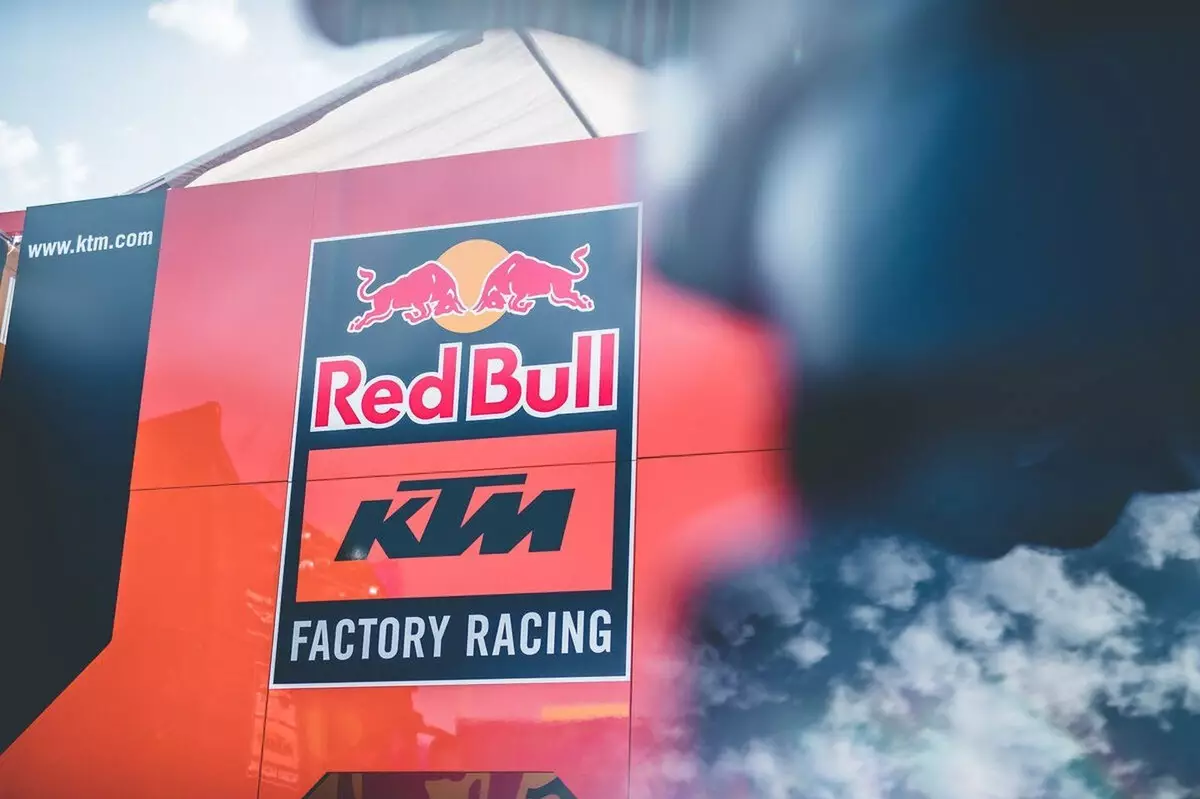KTM, the renowned Austrian motorcycle manufacturer, is facing a turbulent restructuring phase that raises serious questions about its future in the high-octane world of MotoGP and its associated classes, Moto2 and Moto3. The company has been under self-administration since November 29, indicating pressing financial challenges that have prompted management to explore various avenues for stabilization and recovery. The announcement about a potential exit from MotoGP being on the table has sent ripples through the motorsport community, signaling a critical juncture not only for KTM but for the entire landscape of competitive motorcycle racing.
Management has publicly disclosed plans to depart from MotoGP, with benchmarks set for a complete exit by the end of the 2026 season. Recent reports from credible news sources have corroborated these claims, suggesting that KTM’s racing department is looking to cut costs as part of a broader financial strategy. With a remarkable €95 million invested in racing activities last year alone, the financial burden of participating at such a high level is evidently untenable amid ongoing economic pressures.
KTM’s involvement in MotoGP is not merely a sporting affair; it has large implications for its financial standing. To navigate through its financial woes, KTM has proposed a restructuring plan through the Wels Regional Court that outlines an ambitious €250 million recovery strategy over the next two years. The stakes are remarkably high, with claims up to €3 billion hanging in the balance as the company contemplates its future. If well-managed, the restructuring could secure the company’s longevity; if mismanaged, it might further exacerbate its existing financial dilemmas.
The impending court hearing on February 25, 2025, will ultimately determine the fate of KTM’s restructuring efforts. Success can bolster the company, while failure could lead to dire consequences, including cash flow issues and potential layoffs. The reality of the situation is palpable, especially for the 3,600 employees in Upper Austria who are dependent on the company for their livelihoods. The timely payment of wages has provided a glimmer of hope, showcasing a commitment to workforce stability despite the underlying financial turbulence.
KTM’s purported exit from MotoGP, Moto2, and Moto3 has considerable implications for the future of these racing series. The manufacturer has attempted to position itself as a formidable competitor in the world of motorcycle racing, but with ambitions curtailed by budget restrictions, its ability to innovate and invest in the sport is now in jeopardy. If KTM were to withdraw completely, it would undoubtedly leave a void that could disrupt the competitive dynamics within the championship.
Furthermore, the manufacturer’s exit could lead to a significant reduction in the development of new technologies and innovations, ultimately hindering the progression of motorcycle performance in both competitive and consumer markets. The motorsports world thrives on competition, and without major players like KTM, the excitement and development would dwindle. Moreover, the ramifications extend beyond the manufacturer to the teams, riders, and fans who have vested interests in the series.
As KTM navigates this crisis, the management’s cautious approach is visible in their efforts to maintain contracts with prominent riders until the end of 2026, indicating a reluctance to exit the sport prematurely. This highlights a recognition of the potential brand damage that could result from an abrupt departure, suggesting that any exit would be calculated and strategic rather than impulsive.
While ongoing talks about attracting potential investors hint at optimism for revival, the skepticism surrounding the efficacy of these measures remains. The motorsports division is the pride of KTM, and official statements emphasize the commitment to a future in competitive racing, even as uncertainties loom large.
KTM’s current dilemma reflects broader themes within the industry, where financial viability clashes with the high costs of elite competition. The decisions made in the coming months will be pivotal, not just for KTM, but for the evolution of MotoGP as a whole, as stakeholders await the outcomes of the ongoing restructuring efforts. The possibility of impending change looms as a reminder of the precarious balance between ambition and fiscal reality in the thrilling, yet demanding, realm of motorcycle racing.


Leave a Reply